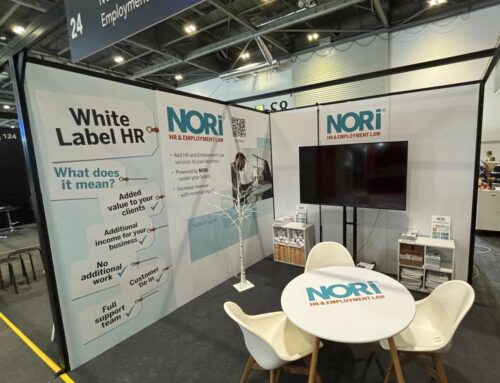Each day our HR Advice Team are contacted and asked about staff members who are on long-term sickness absence, and what they can and cannot do. This article will explore a few of those questions and debunk some of the myths around sickness absence:
Can we contact employees who are on long-term sickness absence?
It is a common misconception that employees on long-term sickness absence cannot be contacted, and therefore cannot be dealt with accordingly. This is incorrect, and it can, to the contrary, put a Company in a negative light if they take no steps at all to engage with an employee whilst they are off on long-term sickness absence.
One reason why it may be appropriate to contact an employee on sick leave is because the employee’s sick note has expired, but there has been no consecutive sick note to sign them off for a further period of time, and the employee has not returned to work. Contact would be appropriate in these circumstances to find out if, or when, they are coming back to work, or whether they are to be signed off as unfit to work again.
Alternatively, an employee’s sick note may still be live, but the employer wants to check in on the employee to see how they are feeling, to ask whether they anticipate being able to return to work after their current sick note expires, or just as a means of seeing whether there is anything else the employer can to support the employee during their absence.
The other reason an employer may contact an employee during sickness absence is to enquire about involving an Occupational Health Practitioner, the employee’s GP, or other medical specialists for advice on the long-term impact the employee’s condition may have on them and their continued employment. Most employers’ medical knowledge of certain conditions or illnesses are likely to be limited, and therefore asking the employee about specialist input before any key decisions are made would be strongly advised.
Can we dismiss employees who are on long-term sickness absence?
It’s also a misconception that it is impossible to terminate the employment of someone who is off sick on a long-term basis. However, dismissals on the grounds of ill health should always be a last resort.
The management of each person’s case will be determined by its own circumstances, but before an employer considers taking the step of terminating someone’s employment on the grounds of ill health, the employer should consider the following:
- Whether a phased return to work or reduced/alternative hours could be implemented;
- Whether there are alternative roles or duties the employee could perform, and whether this would be on a short-term basis or carried out indefinitely;
- If the employee is on medication, what the side effects of that medication are, and how long the employee may be on that medication for;
- If the employee provides their consent, an Occupational Health or GP assessment to understand any adjustments that could be made to the employee’s work that would enable them to return; and
- How long the employee’s absence has lasted, and how long it is likely to last.
It is equally as important that an employer, when considering the above, consults with the employee on their sickness absence, as they may provide helpful insight into their condition and the reasons for their absence that enable an employer to avoid dismissing the employee, or it provides them grounds to make the difficult decision that the termination of their employment is reasonable in the circumstances.
The management of staff issues related to sickness absence and dismissals on grounds of ill health can be complicated, and by their nature they are inherently risky due to potential claims of unfair dismissal and disability discrimination that can arise from that action. At NORi HR and Employment Law, we have a team of experienced HR Advisors who can help business owners understand issues around sickness absence, and guide you through the correct process when faced with employees who are off sick.
If your business would benefit from advice on sickness absence, or any aspect of HR and Employment Law, please contact our team by telephone on 01254 947829, or by email at enquiries@norihr.co.uk. You can also visit our homepage at www.norihr.co.uk.
Thomas Fuller
Services Director
NORi HR and Employment Law




